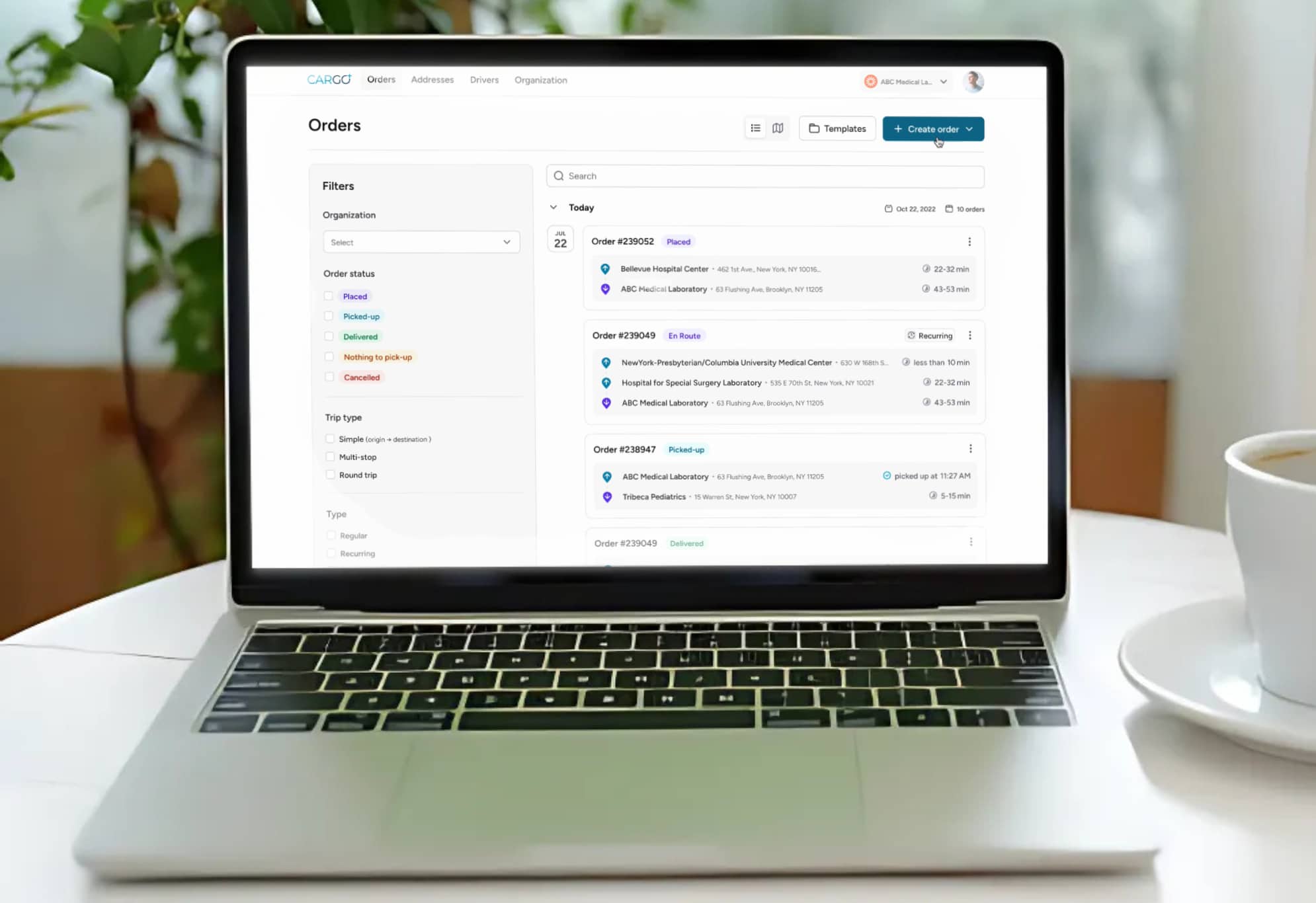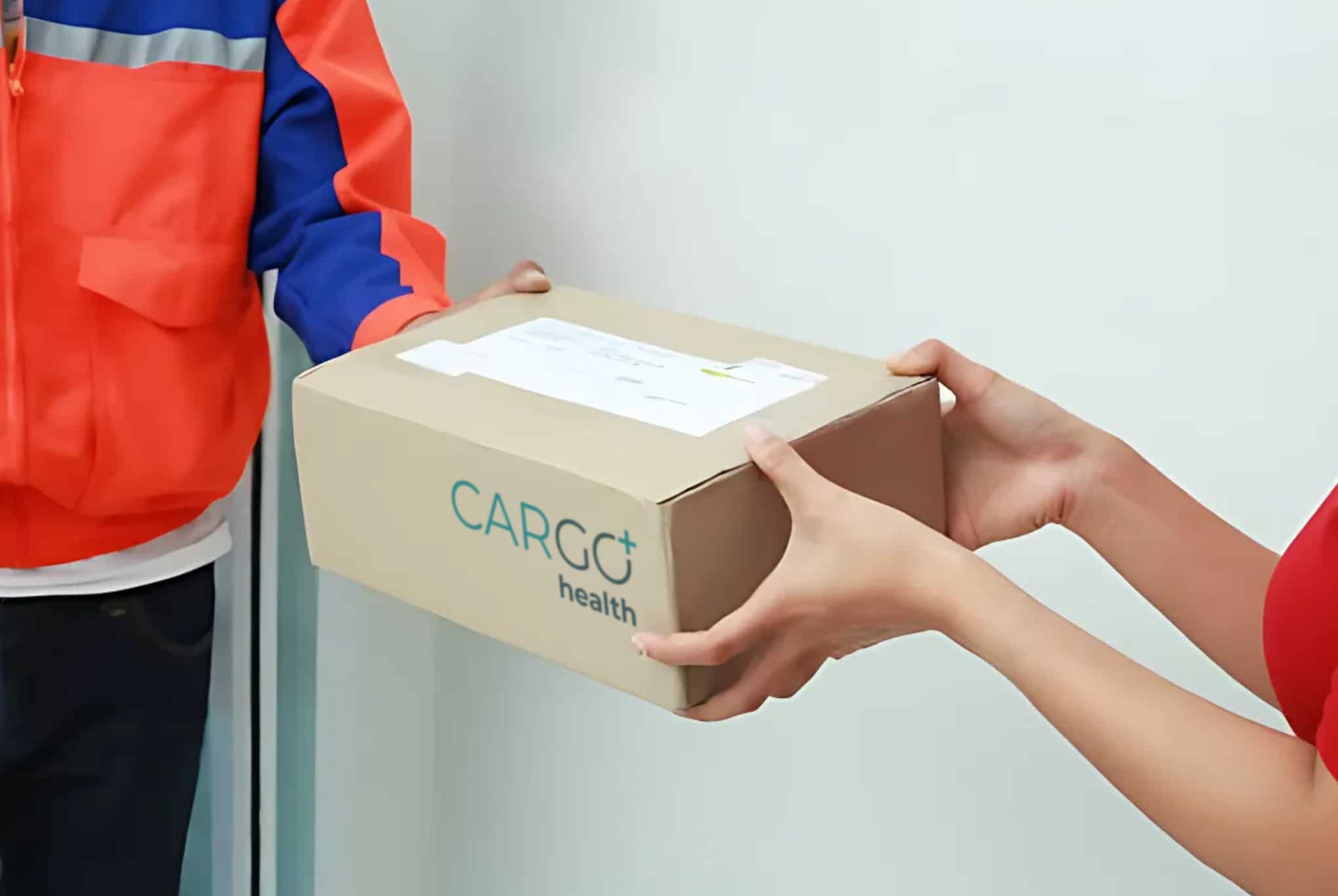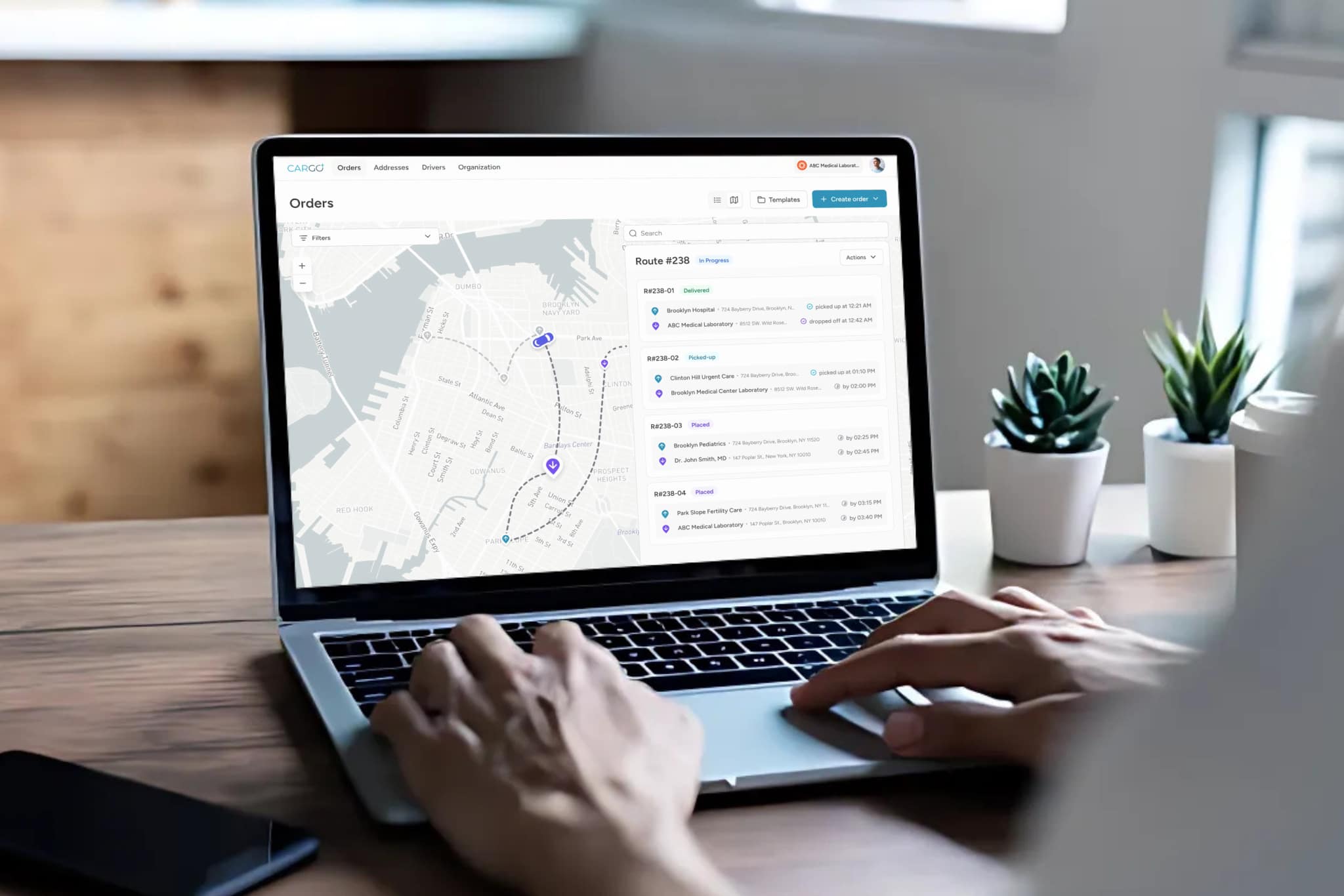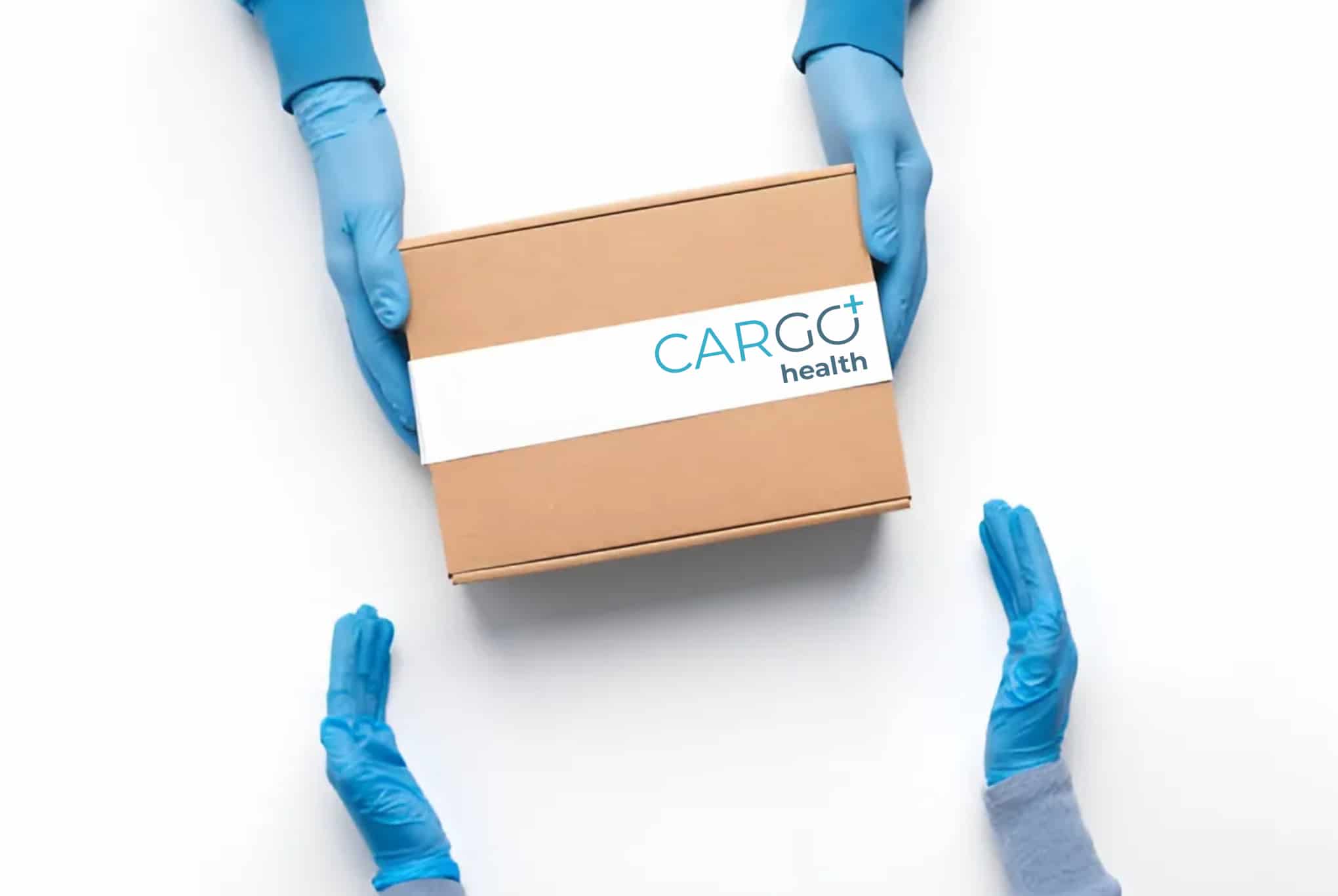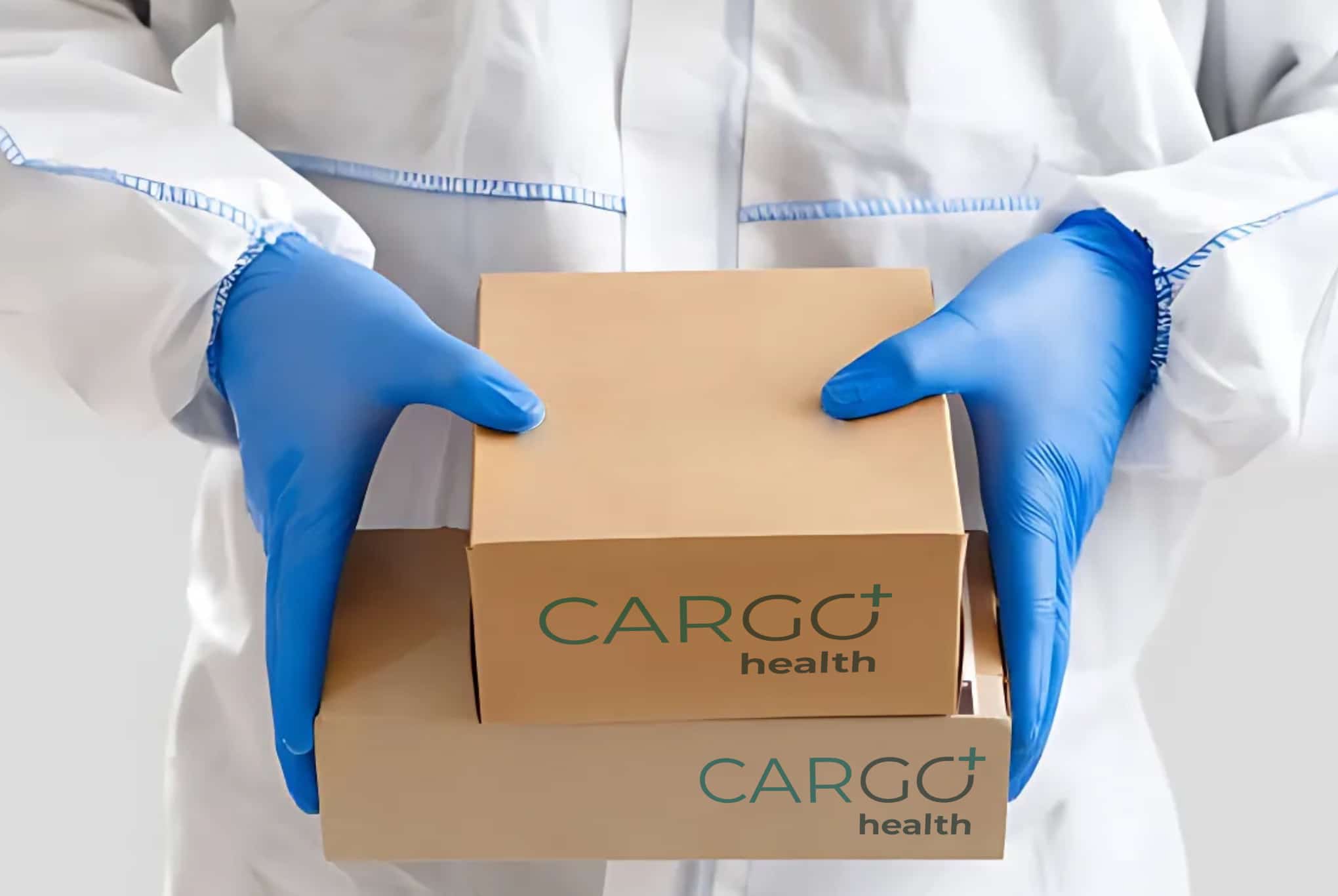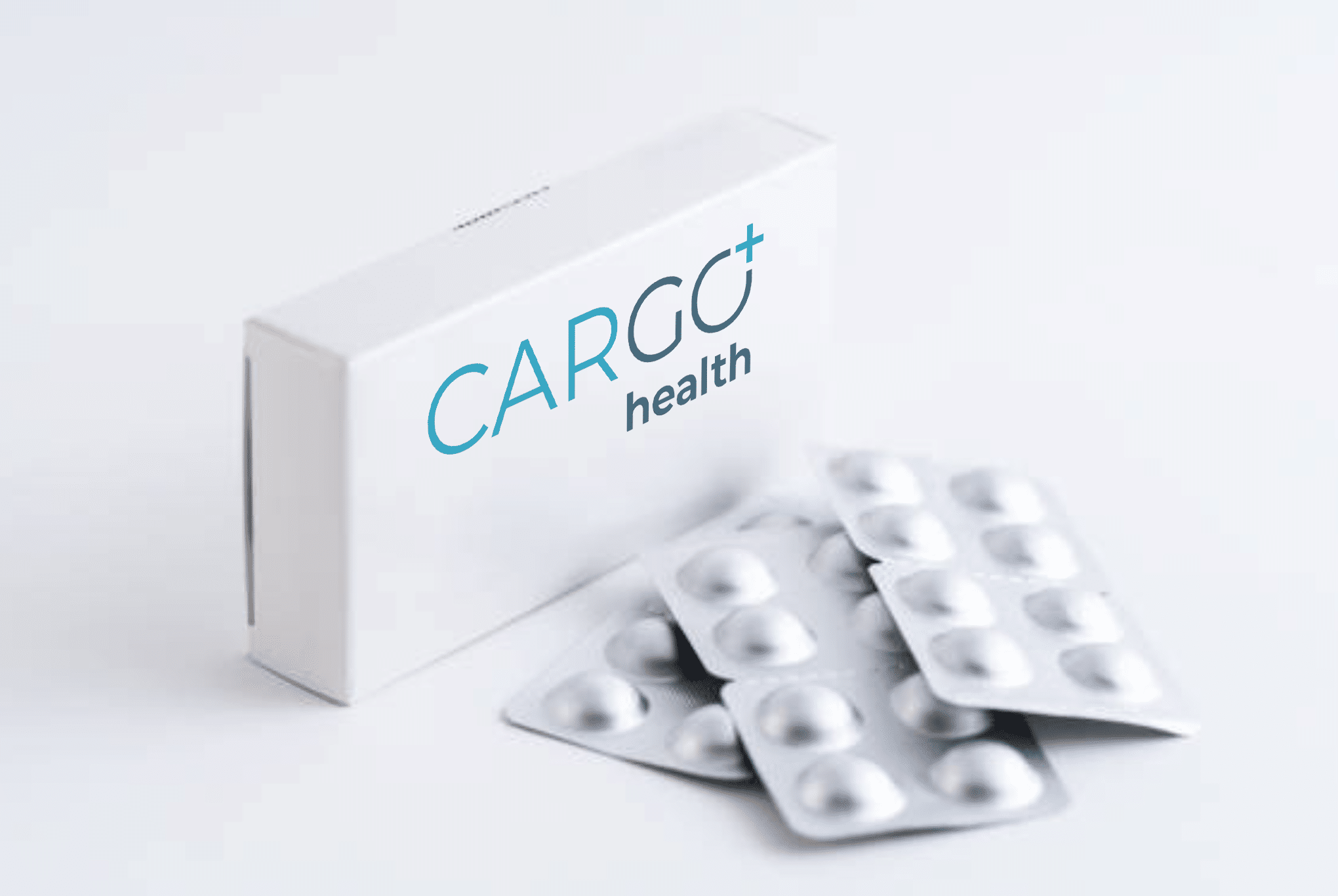The Role of IoT in Medical Logistics: Real-Time Tracking and Monitoring

In medical logistics, maintaining stringent environmental conditions for pharmaceutical shipments is crucial. The Internet of Things (IoT) plays a key role in ensuring the integrity of temperature-sensitive medical supplies, providing real-time data on location, temperature, humidity, and other critical parameters. This technology significantly reduces risks associated with storage and transportation, safeguarding the quality and efficacy of essential medical products.
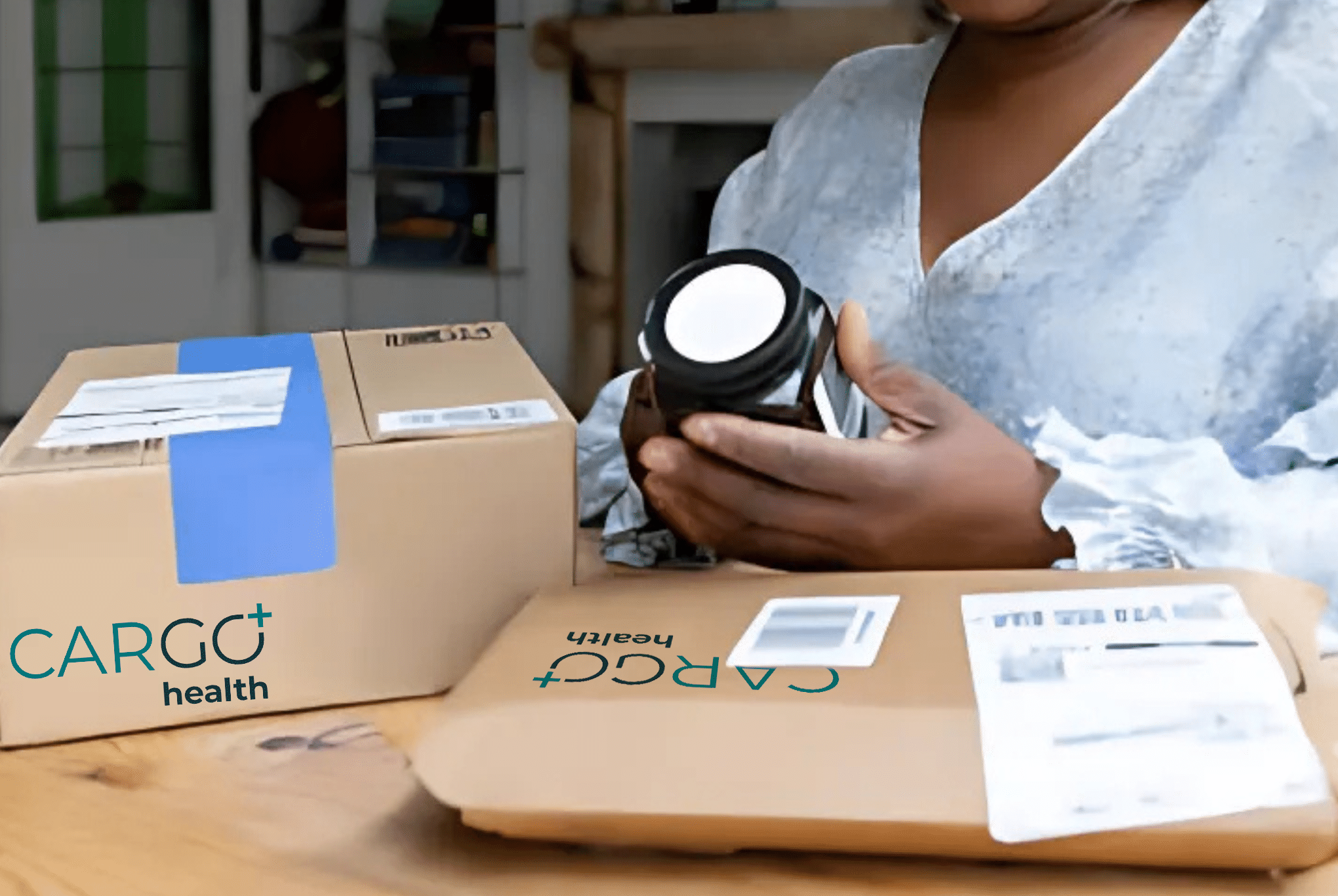
Real-Time Temperature Monitoring in Medical Logistics
Many pharmaceuticals, vaccines, and biologics require strict temperature control throughout the supply chain. IoT-enabled sensors continuously monitor temperature fluctuations, transmitting data to cloud-based platforms. If deviations occur, automated alerts notify logistics personnel, enabling corrective actions before product integrity is compromised.
These sensors integrate with data loggers, GPS trackers, and wireless networks, ensuring compliance with regulatory standards such as Good Distribution Practice (GDP) and FDA guidelines. By leveraging advanced analytics, logistics providers can detect patterns in temperature deviations and optimize transportation conditions proactively.
Location Tracking and Security Enhancements
IoT solutions incorporate GPS and RFID technology to track shipments in real time, enhancing visibility across the supply chain. GPS-enabled devices transmit live location data, reducing the risk of misrouted or lost shipments. Additionally, RFID tags facilitate automated scanning at distribution points, ensuring inventory accuracy and minimizing human errors.
Security concerns in medical logistics, such as theft and counterfeiting, are mitigated through geofencing and tamper-detection features. Geofencing triggers alerts if shipments deviate from predefined routes, while tamper-detection sensors identify unauthorized access attempts. These technologies help maintain compliance with global regulatory frameworks and enhance overall supply chain security.
Data-Driven Optimization of Medical Supply Chains
IoT-generated data enables predictive analytics for logistics optimization. Machine learning algorithms analyze historical shipment data, identifying trends and potential risks. This information supports strategic decision-making, improving route planning, inventory management, and cold chain logistics.
Additionally, blockchain integration with IoT devices enhances data security and transparency. Immutable blockchain records ensure traceability, reducing disputes and strengthening regulatory compliance in pharmaceutical supply chains.
Challenges and Future Developments in IoT-Enabled Medical Logistics
Despite its benefits, IoT implementation in medical logistics faces challenges such as connectivity limitations, cybersecurity threats, and the high cost of deployment. Robust cybersecurity measures, including end-to-end encryption and secure access protocols, are essential to protect sensitive medical data.
Future advancements in IoT technology, such as 5G connectivity and AI-driven automation, will further enhance the efficiency of medical logistics. As regulatory frameworks evolve, IoT adoption will continue to refine pharmaceutical supply chain management, ensuring safer and more efficient delivery of critical medical products.
